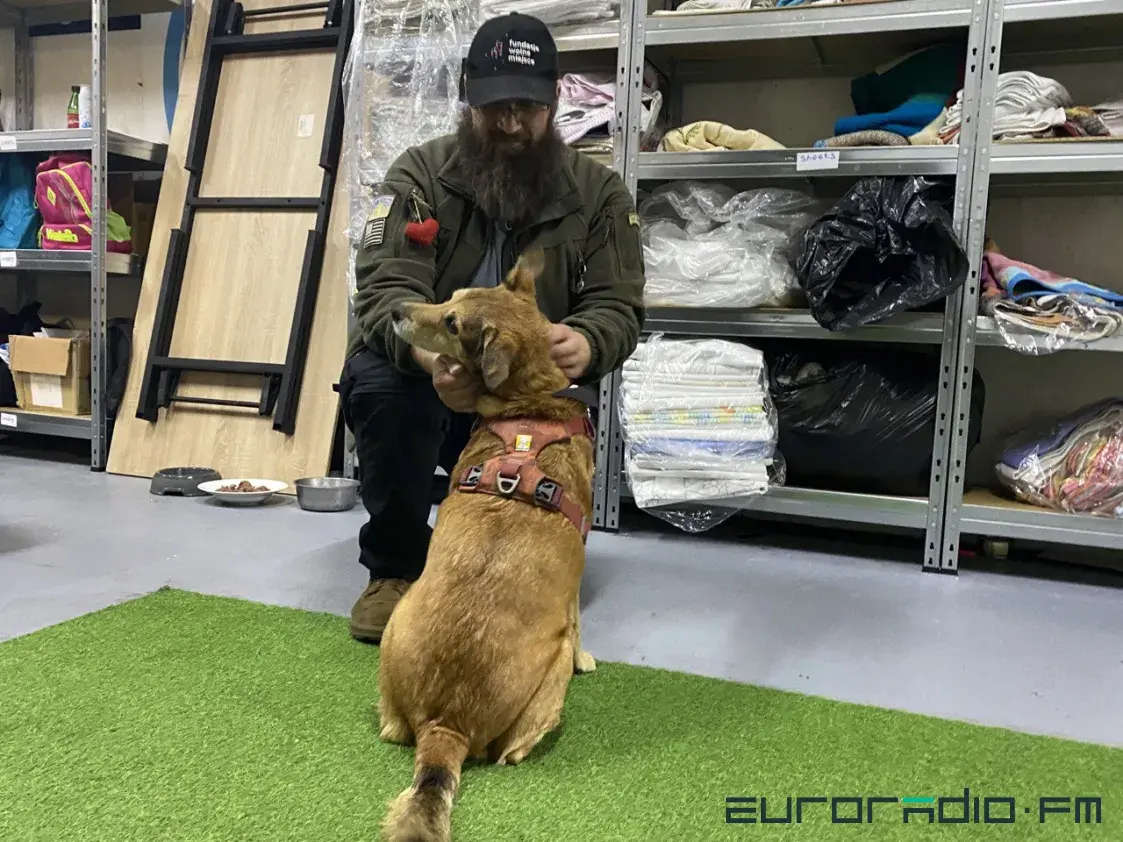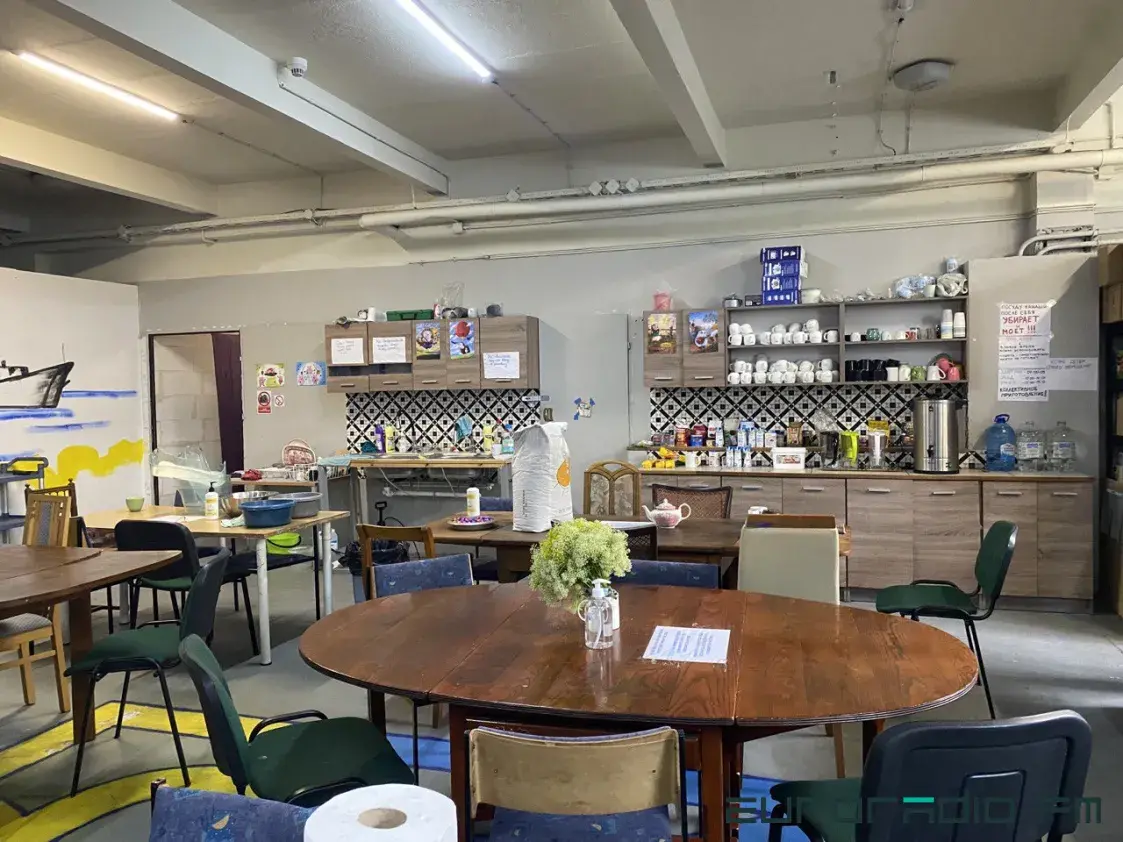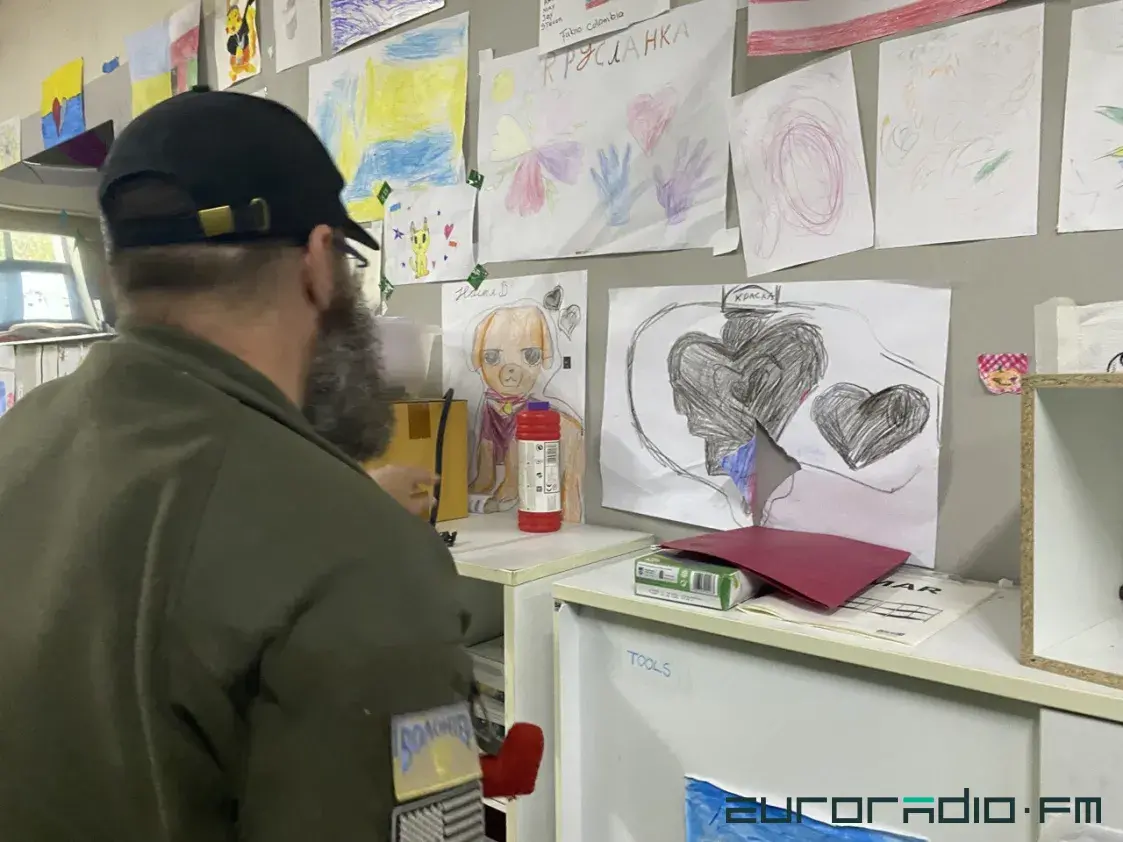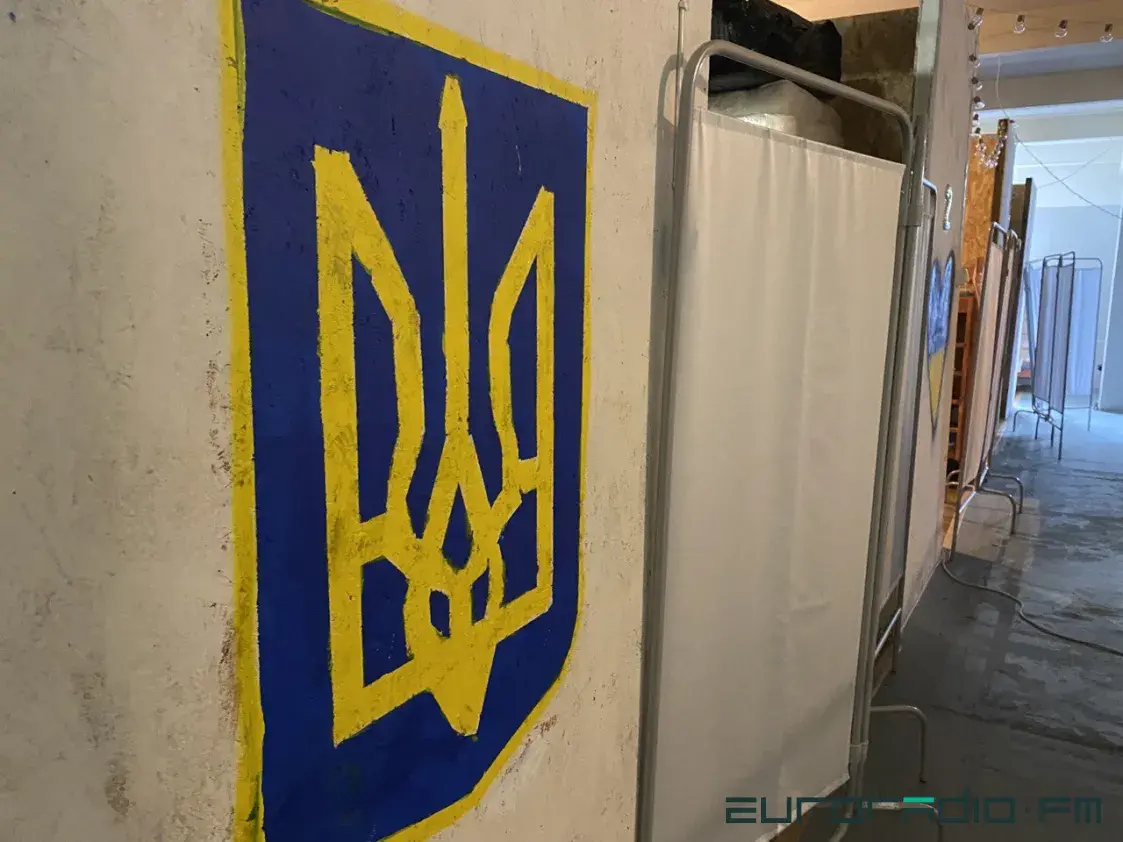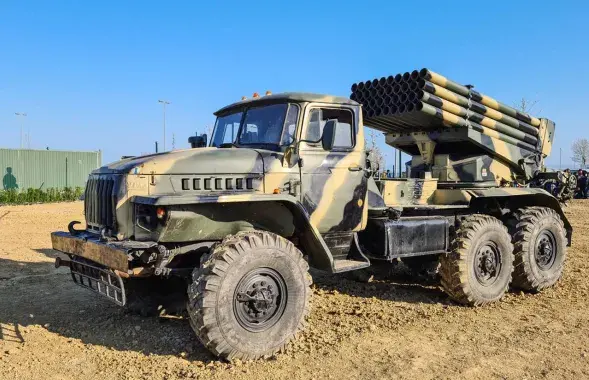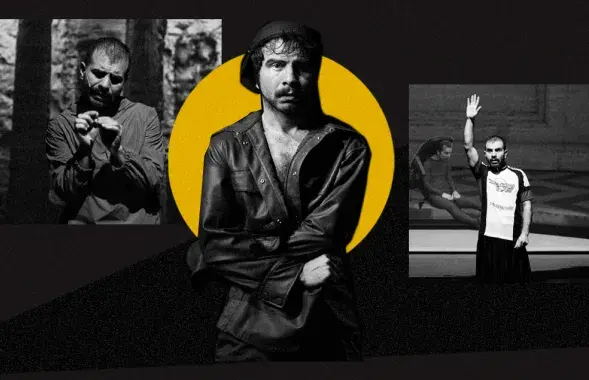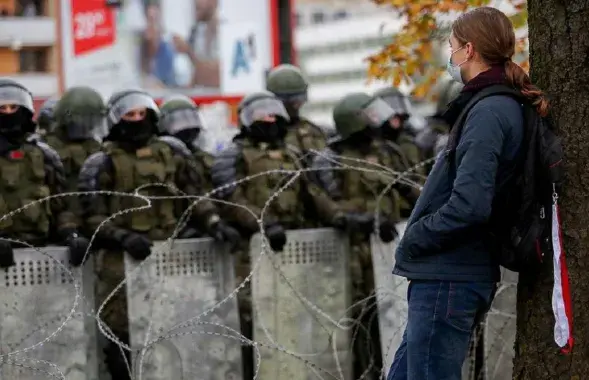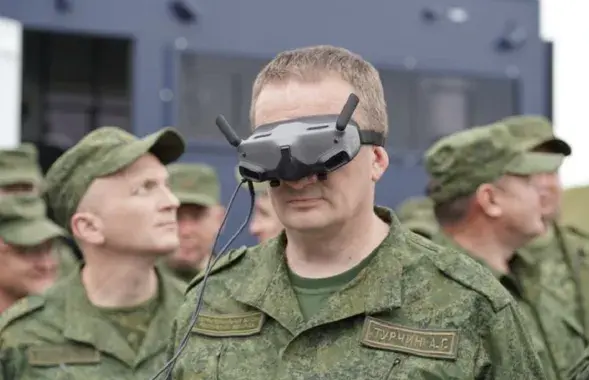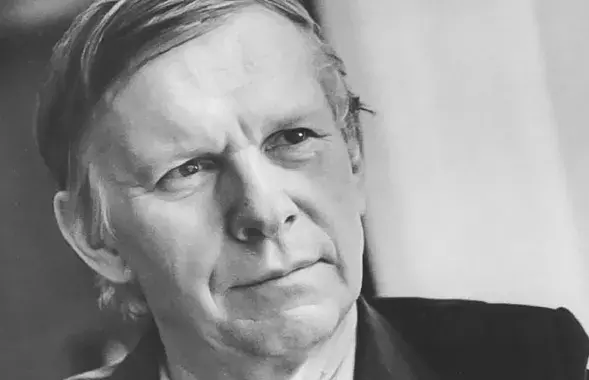The American quits job to help refugees

Jay Rivera arrived in the Polish border town of Przemysl in early April last year. At the time, hundreds of thousands of refugees were fleeing the war across the Polish-Ukrainian border.
He stayed for a week and felt he hadn't done enough. Then Jay stayed another week in Przemysl. He still didn't feel like he had helped everyone who needed help. And then his mother called him.
"And she said that If I didn't come back, she was not going to take care of my dog anymore. So if I didn't want the dog to go to the shelter, I better come home. So I went back."
At the time, Jay worked for a pharmaceutical company in the United States. Shortly after returning from Przemysl, he came to a work meeting. His colleagues were discussing a recent project, including the print quality of an advertising banner.
"The hue was slightly different from what the customer wanted. And I realized that nothing I had done before was as important as what I was doing here on the Polish-Ukrainian border.
So I signed my resignation, took my dog and came back here to Przemysl."
Since then, for more than a year, Jay has been supervising the work at the refugee shelter near the Polish-Ukrainian border.
The shelter from which no one returns home
The Alight shelter in Przemysl looks like a good youth hostel. There is music and computers, so the kids can keep up with their distance learning at school. And the guests are called Alight People. It's almost as if they're suggesting that they're not just welcoming people who have no place to sleep, but that they're building a community.
Of course, there aren't as many people here as there were a year ago. Sometimes there are five guests a day. Sometimes it's 75.
Here at the shelter, refugees from Ukraine can get hot breakfast, lunch and dinner - but they are asked to help with the cooking and cleaning. And that's part of building community: not only are you helping, but you're socializing. And new connections can come in handy for someone whose loved ones remain in Ukraine or are scattered around the world.
The shelter only accepts help from volunteers who are willing to work here for at least two weeks. Many would like to stay longer, but Jay says people can't always afford it even thought they want to.
"After all, while you're volunteering, you still have to pay for housing, food - the usual expenses of living."
But when our volunteers are on shift, they can eat right here at the shelter. There's also a great initiative called the Volunteer House. They have a volunteer house in Przemysl. So some of the guys stay there and they don't have to worry about rent, at least," Jay says.
"And then I got involved in the struggle for a higher salary and a career ladder"
We ask Jay what his life would be like in peacetime. He laughs.
"I have no idea!"
Then, after thinking about it, he adds:
"No, I do know. I know I want to keep doing it. When I was in college, I was always involved in volunteering. I even started a volunteer group at one of the colleges. It's something that always attracted me.
But when I got out of college, I got caught up in the competition for higher pay, better jobs, faster career advancement. And I forgot how much I loved just giving. I forgot that that was what made me happy.
Jay says that the long-term volunteers jokingly refer to themselves and each other as "broken people." Why did they come here? Because they felt it was the right thing to do. Why do they stay?
"Because we feel good here. We feel important, we feel like we have a real impact on the world."
